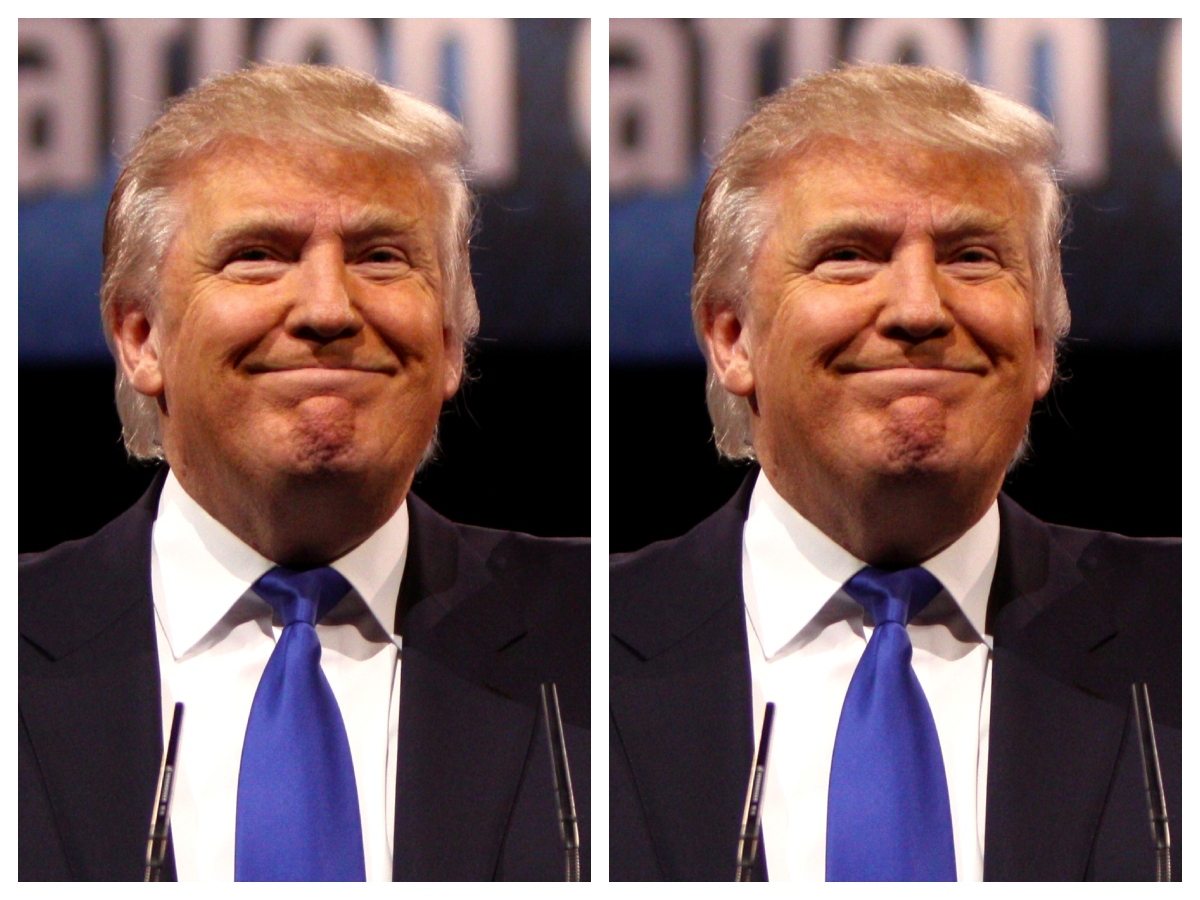The United States has reopened for full federal operations after President Donald Trump signed a new spending bill on Wednesday night, ending a 43-day government shutdown that had stalled services, strained families and slowed airports across the country. The House had approved the legislation barely two hours earlier, clearing the last hurdle in what became the longest shutdown in U.S. history.
“With my signature, the federal government will now resume normal operations,” Trump said as he endorsed the measure, promising to pursue policies that would reduce the cost of living for Americans.
The temporary funding bill, which extends federal appropriations until January 30, passed the Republican-controlled House by a vote of 222 to 209 after the Senate pushed it through earlier in the week with the support of seven Democrats and one independent.
During the shutdown, nearly all federal activity halted. Roughly 670,000 civil servants were forced off the job, while a similar number worked without pay and will now receive back pay as operations restart. Agencies are expected to begin recalling staff on Thursday, though the pace of full service restoration remains uncertain.
For sectors heavily dependent on federal functions, the end of the shutdown could not come soon enough. Aviation officials hope that key services will stabilise before the surge of Thanksgiving travel in two weeks. Families relying on food assistance may also see benefits restored in time to ease holiday budgets.
Yet one of the most contentious issues that helped trigger the impasse remains unresolved. Health insurance subsidies for 24 million Americans, provided under the Affordable Care Act, will expire at the end of the year. The Trump administration has said it will not renew them, leaving the Senate to vote on the matter before December ends.
Both major parties spent the shutdown trading accusations, with little sign that either secured a decisive public relations win. A Reuters/Ipsos poll released Wednesday found that half of Americans blamed Republicans, while 47 percent held Democrats responsible.
Trump used the late night signing ceremony to fault his rivals, saying “this is no way to run a country” and “we can never let this happen again.” House Speaker Mike Johnson reiterated that view, arguing Democrats knowingly pushed the country into hardship. “They knew that it would cause pain, and they did it anyway,” he said. “The whole exercise was pointless. It was wrong and it was cruel.”
READ ALSO: Supreme Court keeps SNAP payments frozen as shutdown nears possible end
But outgoing Representative Mikie Sherrill, recently elected governor of New Jersey, used her final remarks on the House floor to criticize the legislation and the administration’s approach. “Do not let this body become a ceremonial red stamp from an administration that takes food away from children and rips away healthcare,” she warned. “To the country: Stand strong. As we say in the Navy, don’t give up the ship.”
Legal analyst Bruce Fein offered a cautious read on the agreement, saying it was premature to view the vote as a Republican triumph. He predicted that the government could face another shutdown threat in January, noting the continued divide over budget priorities. “The parties are still very, very far apart on any kind of consensus on how the budget should be allocated,” Fein said, pointing to disputes over aid for vulnerable Americans compared with tax cuts and military spending. “I don’t think the vote today is going to be the panacea for our economic travails.”
Economists, according to Aljazeera’s report, estimate that the shutdown had reduced U.S. economic output by more than a tenth of a percentage point every six weeks, much of which could be recovered in the months ahead. Nonetheless, the new bill ensures the government will add about 1.8 trillion dollars annually to its 38 trillion dollar debt.
The deal ignited frustration among some Democrats, including Illinois Governor JB Pritzker, a potential 2028 presidential contender, who dismissed the Senate agreement as an “empty promise.” Several Democrats had preferred to keep pressing their advantage after a string of recent electoral victories in New York, New Jersey and Virginia strengthened their hand in negotiations over healthcare funding.
READ ALSO: Trump administration faces questions over $7.5 million transfer to Equatorial Guinea










